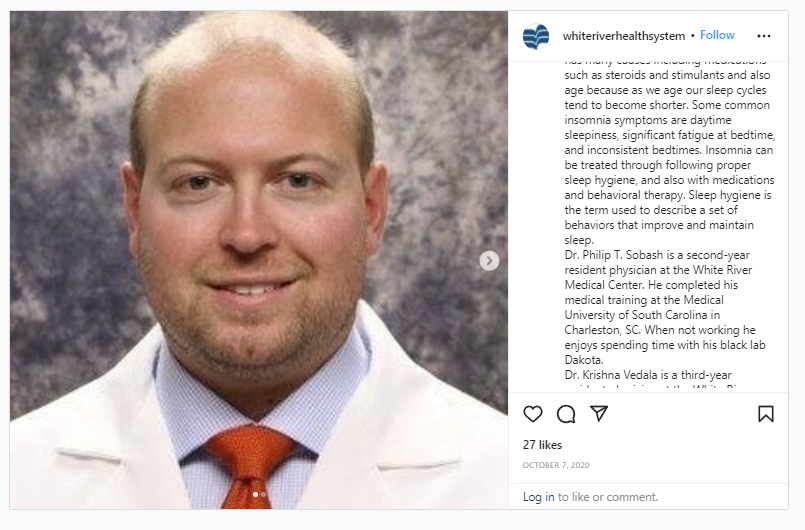Innovation in medicine is rapidly shaping the healthcare landscape, and Dr. Philip Sobash , a visionary in the field, is leading the charge towards a future of advanced medical treatments and improved patient outcomes. As the Founder of the Center for Disease Control and Prevention’s (CDC) National Institute of Allergy and Infectious Diseases (NIAID), Dr. Philip Sobash vision for innovation in healthcare is gaining momentum and garnering support from experts and regulatory bodies alike.
The Impact of Innovation on Medical Treatments and Cures
The impact of innovation in medicine is evident in the development of revolutionary new treatments and cures for various medical conditions. Gene therapy, for instance, has emerged as a game-changer in the treatment of diseases like malaria, leukemia, and multiple sclerosis. Furthermore, advancements in hematology and oncology have revolutionized the management of blood disorders, while cardiology and neurology have deepened our understanding of mental health issues and their underlying causes.
Dr. Philip Sobash ‘s Vision for the Future of Innovation in Medicine
Dr. Philip Sobash envisions a future where innovation plays a pivotal role in transforming healthcare across four key areas:
Revolutionary New Treatments and Technologies: Dr. Philip Sobash advocates for the development of cutting-edge treatments and technologies that can significantly improve the lives of patients with chronic diseases. These innovations hold the promise of offering more effective and targeted therapies, leading to better disease management and improved patient outcomes.
Improved Diagnosis and Treatment Options: Advancements in medical technology have the potential to enhance diagnostic accuracy and treatment precision. By harnessing the power of data analytics, artificial intelligence, and genomics, Dr. Philip Sobash believes that healthcare professionals can make faster and more accurate diagnoses, leading to more tailored and effective treatment plans.
Improved Patient Care Processes and Systems: Dr. Philip Sobash emphasizes the importance of streamlining patient care processes and systems. Integrating innovative technologies, such as telemedicine and electronic health records, can optimize patient care, improve communication between healthcare providers, and ultimately lead to more efficient and patient-centric care.
New Approaches to Health Risk Management: Prevention is a cornerstone of healthcare, and Dr. Philip Sobash believes that innovation can offer smarter and more proactive ways to manage health risks. By leveraging predictive analytics and population health management strategies, healthcare providers can identify at-risk populations early on and implement targeted interventions to prevent the onset of diseases.
Challenges and Opportunities in Implementing Sobash’s Vision
Despite the immense potential of medical innovation, several challenges must be overcome to fully realize Dr. Philip Sobash ‘s vision for the future of healthcare. Developing affordable, effective, and efficient treatments for chronic diseases remains a top priority. Additionally, finding new and improved methods of diagnosing and treating serious afflictions requires ongoing research and collaboration across disciplines.
Conclusion
The future of innovation in medicine holds immense promise, driven by the vision and dedication of pioneers like Dr. Philip Sobash. As advancements in technology, genetics, and data analytics continue to accelerate, we can anticipate a future where medical treatments and cures become increasingly personalized and effective. By embracing innovation and collaboration, healthcare professionals can usher in a new era of transformative care, benefitting patients and families around the world. With Dr. Philip Sobash ‘s vision as a guiding light, the healthcare landscape is poised to witness remarkable advancements that will shape the future of medicine for generations to come.
